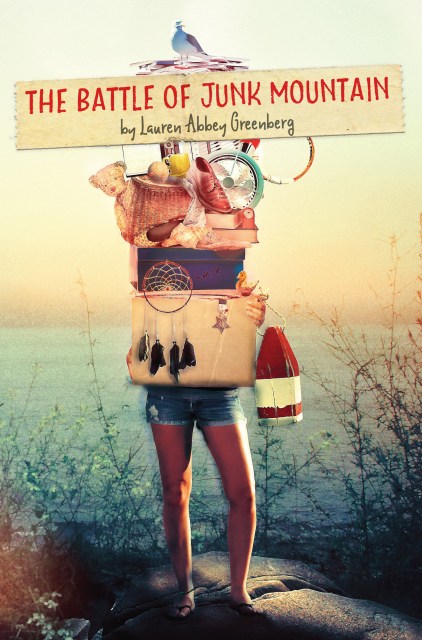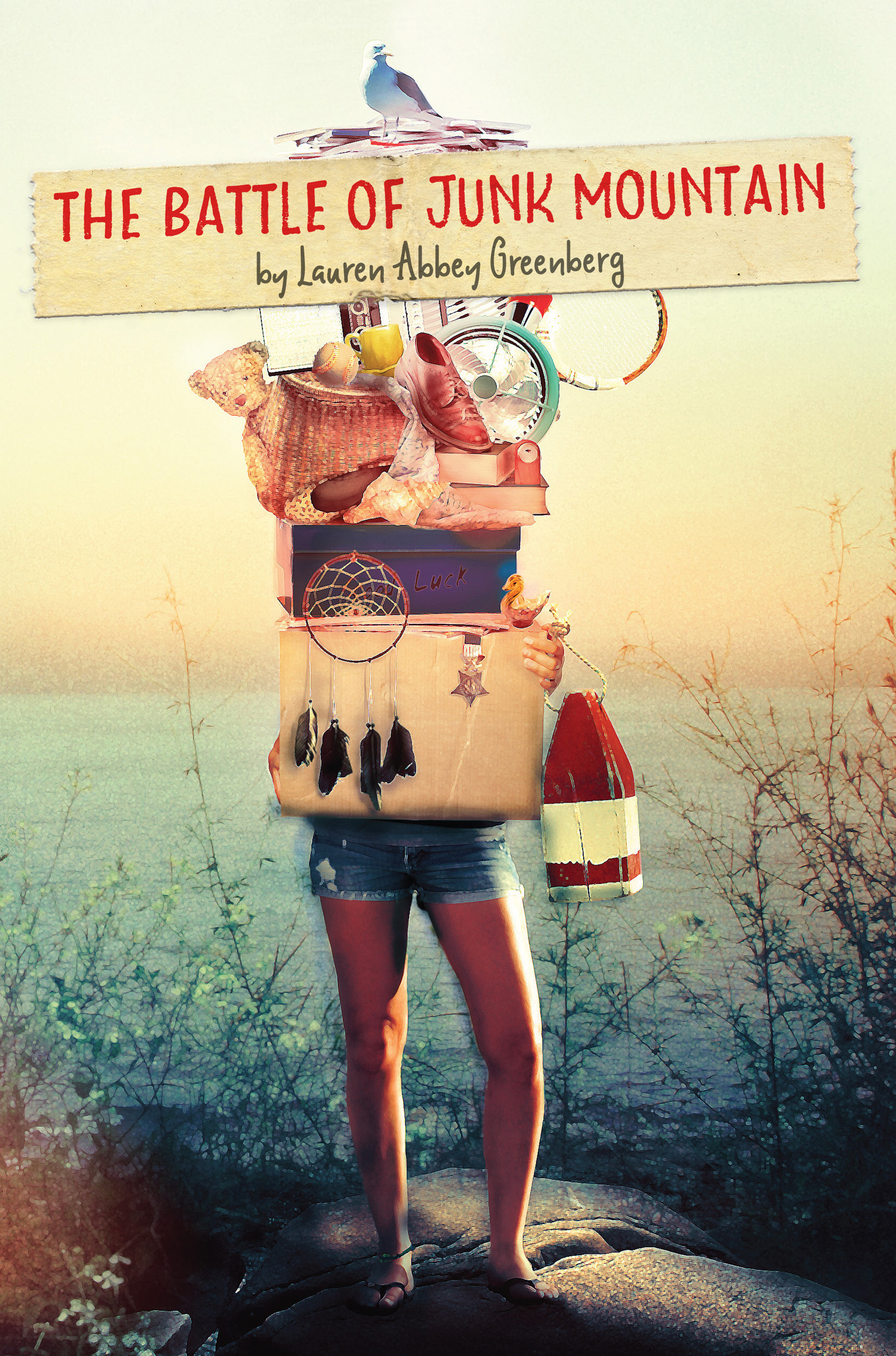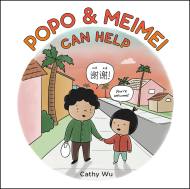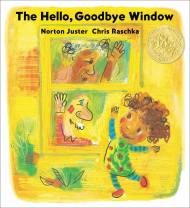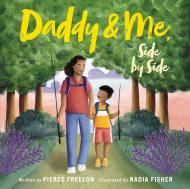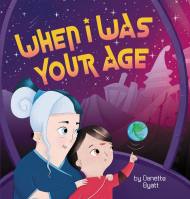Promotion
Use code MOM24 for 20% off site wide + free shipping over $45
The Battle of Junk Mountain
Contributors
Formats and Prices
Price
$8.99Price
$10.99 CADFormat
Format:
- ebook $8.99 $10.99 CAD
- Hardcover $16.99 $22.49 CAD
This item is a preorder. Your payment method will be charged immediately, and the product is expected to ship on or around April 17, 2018. This date is subject to change due to shipping delays beyond our control.
Also available from:
Twelve-year-old Shayne Whittaker has always spent summers on the Maine coast, visiting her grandmother Bea and playing with her BFF Poppy. Both Shayne and Bea are collectors, in their own ways: Shayne revels in golden memories of searching for sea glass and weaving friendship bracelets with Poppy, while Bea scours flea markets for valuable finds, much of which she adds to a growing pile in her house that Shayne jokingly calls Junk Mountain.
This summer, though, everything has changed. Poppy would rather talk about boys than bracelets, and Bea’s collecting mania has morphed into hoarding. Only Linc, the weird Civil War-obsessed kid next door, pays attention to her. Turns out Linc’s collected a secret of his own, one that could enrage the meanest lobsterman on the planet, his grandpa. What begins as the worst summer of Shayne’s life becomes the most meaningful, as she wages an all-out battle to save her friendships, rescue her grandmother, and protect the memories she loves the most.
Genre:
- On Sale
- Apr 17, 2018
- Page Count
- 224 pages
- Publisher
- Running Press Kids
- ISBN-13
- 9780762462964
Newsletter Signup
By clicking ‘Sign Up,’ I acknowledge that I have read and agree to Hachette Book Group’s Privacy Policy and Terms of Use
